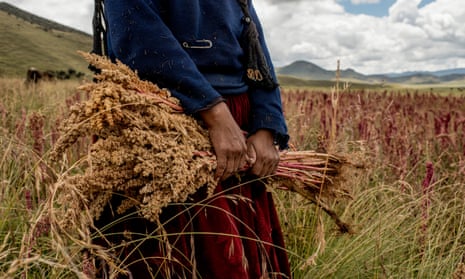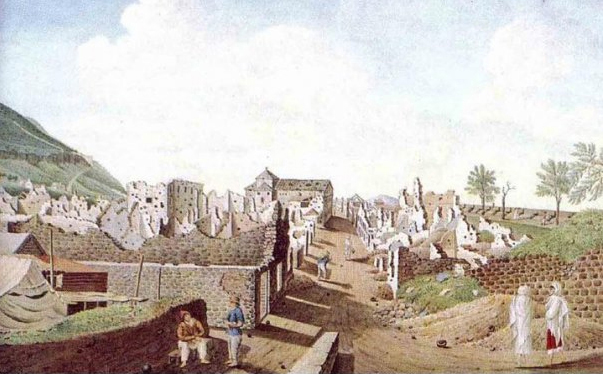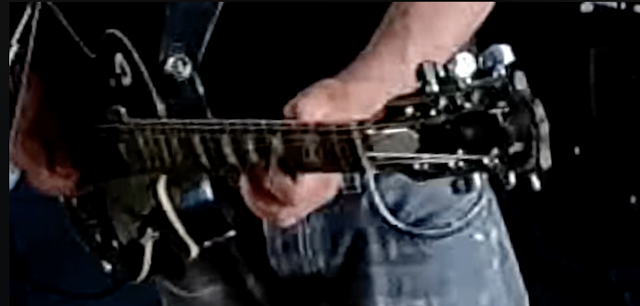My rabbit hole today began with the childhood of Madeleine Albright, the first woman to be United States Secretary of State, and continued with her father, Joseph Korbel. Before World War Two, he worked at the Czechoslovakian embassy in Belgrade, and after spending the war in Britain (where he and his family converted from Judaism to Catholicism), he returned to Belgrade as Czechoslovakia's Ambassador to Yugoslavia. After the Communist takeover of Czechoslovakia, he received asylum in the United States, where he began a long career as Professor of International Studies at the University of Denver – and one of his students there later also became Secretary of State (from 2005-2009): Condoleezza Rice. (Andrew Shields, #111words, 31 January 2023)




